The Power of Conscience
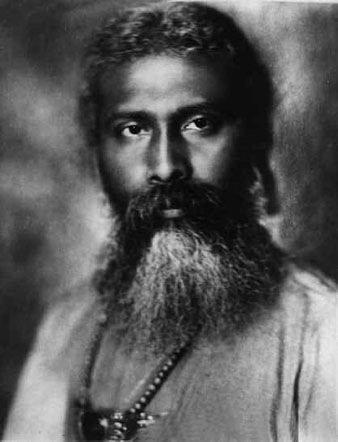
“A pure conscience gives one the strength of lions, and by a guilty conscience even lions are turned into rabbits.”
–Hazrat Inayat Khan (Indian Founder of Universal Sufism and the Sufi Order International, 1882-1927)


“A pure conscience gives one the strength of lions, and by a guilty conscience even lions are turned into rabbits.”
–Hazrat Inayat Khan (Indian Founder of Universal Sufism and the Sufi Order International, 1882-1927)
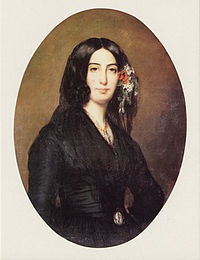
“One is happy as a result of one’s own efforts, once one knows the necessary ingredients of happiness: simple tastes, a certain degree of courage, self-denial to a point, love of work, and, above all, a clear conscience. Happiness is no vague dream, of that I now feel certain. By the proper use of experience and thought one can draw much from oneself, by determination and patience once can even restore one’s health… so let us live life as it is, and not be ungrateful.”
–George Sand (a.k.a. Amandine Aurore Lucie Dupin, Baroness Dudevant, French Writer, 1804-1876)
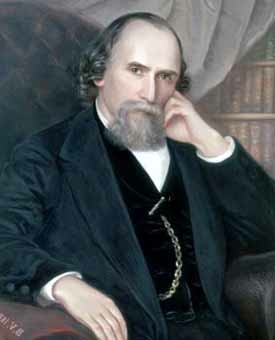
“Whenever conscience speaks with a divided, uncertain, and disputed voice, it is not the voice of God. Descend still deeper into yourself, until you hear nothing but a clear, undivided voice, a voice which does away with doubt and brings with it persuasion, light, and serenity.”
–Henri-Frédéric Amiel (Swiss Philosopher, Writer and Poet, 1821-1881)
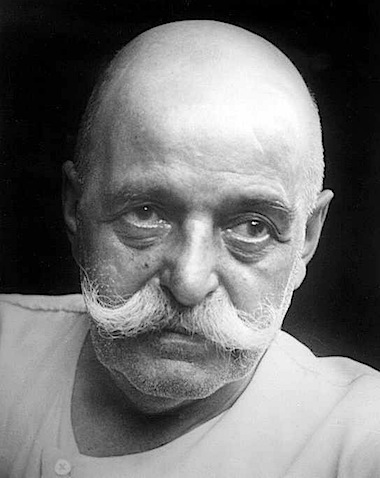
“If enough individuals can develop themselves, even partially, into genuine, natural men, able to use the real potentialities that are proper to mankind, each such individual would then be able to convince and win over as many as a hundred other men, who would, each in his turn upon achieving development, be able to influence another hundred, and so on…”
–George Gurdjieff (Armenian-born Adept, Teacher and Writer, c.1873-1949)
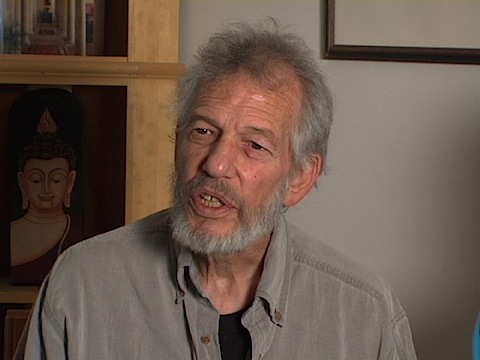
“What moves thoughts through the mind is precisely what moves the clouds across the sky. All are a part of the same continuum of creation unfolding.”
–Stephen Levine (American Poet, Writer and Spiritual Teacher Best Known for His Work on Grief, Death and Dying, 1937-)

“Turning Toward the Mystery: A Seeker’s Journey” (Stephen Levine)
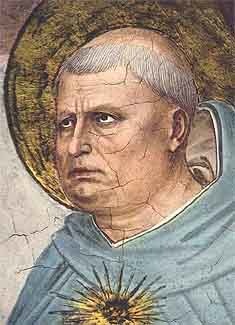
“Those who are more adapted to the active life can prepare themselves for contemplation in the practice of the active life, while those who are more adapted to the contemplative life can take upon themselves the works of the active life so as to become yet more apt for contemplation.”
–Saint Thomas Aquinas (Italian Dominican Friar, Theologian and Philosopher, 1225-1274)

“Introduction To Saint Thomas Aquinas” (Thomas Aquinas, Anton C. Pegis)
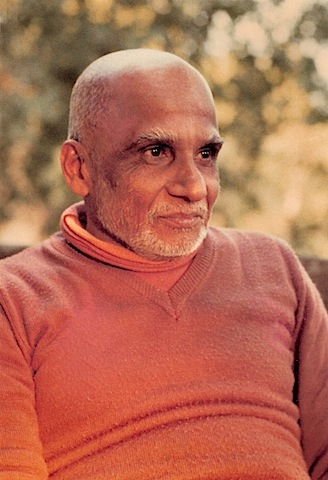
“That higher awakening is called God-consciousness. In that condition, you will see that all the objects of the world are your own universal self.”
–Swami Krishnananda (Indian Spiritual Teacher and, from 1961-2001, General Secretary of the Divine Life Society, 1922-2001)
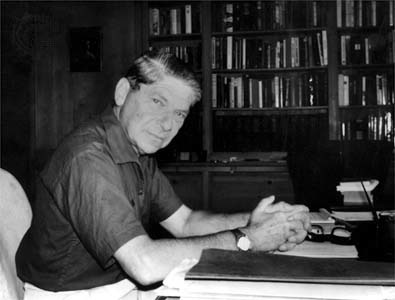
“The more original a discovery, the more obvious it seems afterwards.”
–Arthur Koestler (Hungarian-born British Writer and Philosopher, 1905-1983)
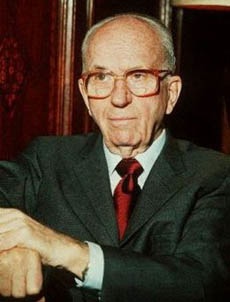
“An age is called “dark,” not because the light fails to shine but because people refuse to see it.”
–James A. Michener (American Writer, 1907-1997)
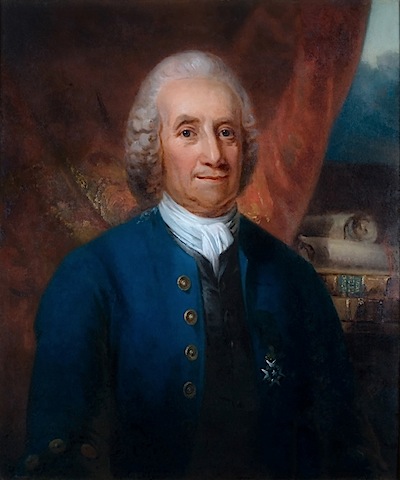
Swedenborg was regarded as one of the greatest scientists if his age. From the age of 56 he began work on an enormous series of weighty tomes that he claimed were the fruits of direct experience. Either he was delusional, or else his work is well worth taking seriously. He certainly did not have any other features of mental illness, so I go for the latter: he’s worth taking very seriously…
“Man is so created that as to his internal he cannot die; for he is capable of believing in God, and thus of being conjoined to God by faith and love, and to be conjoined to God is to live to eternity.”
–Emanuel Swedenborg (Swedish Scientist, Mystic and Philosopher, 1688-1772)
 |
 |
 |
 |
 |
 |